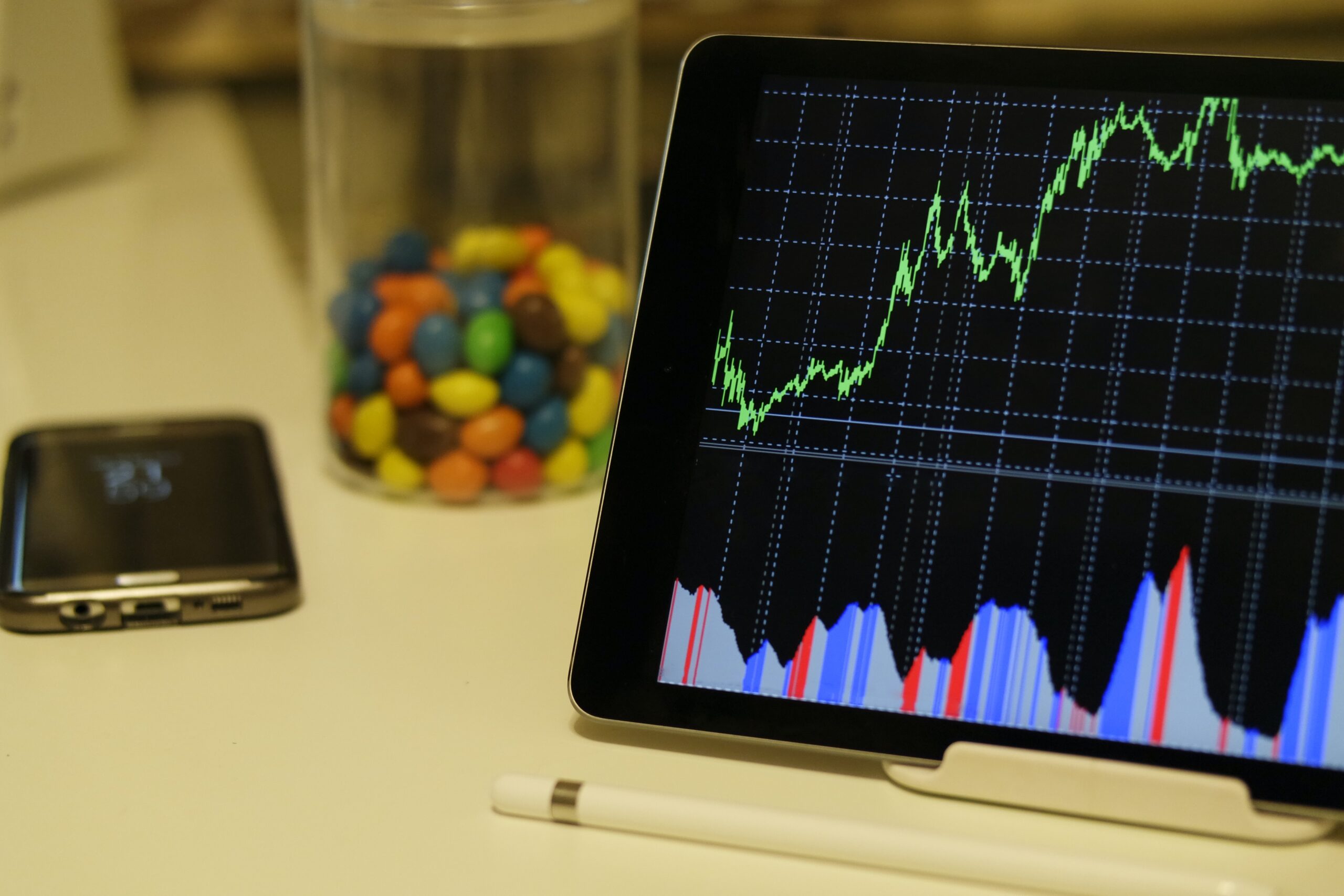15 Rules Of Forex Trading Discipline
The ideal loss is the first one.
It is best to get out of your deal as soon as you discover it is bad. It’s never a loser until you go out, and traders in the pit frequently quip, “Don’t worry, it comes back.” When the phrase is used, it is an affirmation that the trader has concluded that the transaction is worthless, that it won’t reverse, and that it is time to get out.
DON’T WISH AND HOPE. You will lose if you do.
I can’t even count how many times I prayed to the “Bond god” when I was a novice trader with no discipline. In my prayers, I begged God to rescue me from my unfavorable trade situation. I used to beg for a heavenly intervention, which, incidentally, never happened. I quickly concluded that praying to the Bond God or any other future god was pointless. Just leave now!
WORRY ABOUT THE NEWS, DON’T FORGET. 13 HISTORY NOW.
I’ve often puzzled why so many electronic traders spend their days watching or listening to CNBC, MSNBC, Bloomberg News, or FNN. The talking heads on these programs need a more comprehensive understanding of market dynamics and price movement. If any, very few have ever traded even one lot in a pit on any exchange. Yet they assert that they are authorities in every field.
The person who reports hourly from the Bond Pit on CNBC used to work as a phone clerk on the trading floor before becoming an expert in trade and markets. He is obviously qualified to be an expert, given this! You cannot benefit from him or others in any way. Take it what it is and nothing more. Entertainment.
The reporting that you hear on business programs is, in fact, “old news.” Long before the news is spread, the tale has already been analyzed and eaten by knowledgeable market participants. Don’t compromise on the reporting. Too late now.
AVOID SPECULATION. You will lose if you do.
I have been a trader and dealt with traders for many years, yet I have never met a successful speculation. It is tough to continuously print big winnings when you guess. Stay away from speculation. Be an investor.
The solution is short-term market scalping. If you trade short-term, you have a far higher chance of having a good day or week with small winners and even smaller losses.

LOVE TO BUY LOSSES.
The rule that generates the most inquiries and comments from traders throughout the world is this one. “What do you mean, love to lose money,” traders query. Are you insane?
I’m not crazy, no. You should be prepared for losing transactions to occur throughout the trading session. Quickly leave your losers. Love to immediately leave your losers. Your trading capital will be greatly reduced, and you will become a much better trader as a result.
IT’S TIME TO EXIT IF YOUR TRADE IS NOT MOVING ANYWHERE IN A GIVEN TIMEFRAME.
This rule pertains to the capital flow theory. Trading capital is what drives a market’s direction. The market will rise if there is an oversupply or an imbalance of buy orders. Selling orders in excess will cause the market to decline.
Price stasis indicates that the market and its participants are currently content or satisfied with the current bid and offer, which occurs frequently throughout the trading session.
You shouldn’t be in the market right now. There is no stopping the market. Time, money, and emotional energy are all wasted. Waiting for the market to get a little more active before entering a transaction is always preferable.
NEVER TAKE A MASSIVE LOSS. YOU CAN ONLY BE HURTED BY A MAJOR LOSS.
You can’t have a winning day when you have big losses. They undo too many minor victories that you have fought so hard for. Large losses might also destroy you psychologically and emotionally. After suffering a significant loss on a trade, it takes a while to regain your confidence.
MAKE A SMALL AMOUNT EVERY DAY. SEARCH YOUR DITCHES. DO NOT COMPLETE THEM.
My daily objective as a beginning bond trader was to complete 10 bond ticks. If I made 10 tics on the day, which cost $31.25, I would be in the black by $312.50.
You might not think that’s a lot of money, but to me, it was. At the end of the year, according to my coach David Goldberg, if I could make 10 bond ticks on each trading day, I would have $72,500 more in my trading account. Not bad for a young person of 23 in 1982.
By earning a little bit every day, it is remarkable how quickly your trading account will grow over time. Try to make 5 or 6 points every day if you are a new e-Mini S & P trader. You will have that $72,000 at the end of the year if you are able to do that.
NOT HOME RUNS BUT HIT SINGLES.
I am not aware of any successful investors, just as I am not aware of any traders who enter a deal expecting to hit a home run and then actually do. It would be beneficial if you never entered a trade with the expectation that it would be a large winner. It does happen that way occasionally, but the times I have hit a home run on a position, it was most obviously luck and not skill.
My intention was for the trade to result in a little gain, but because it was open at the same time that the Fed unexpectedly entered the market (as chance would have it), I unintentionally had a large winner. Less than five times in the past 20 years have this happened to me.
CONSISTENCY FOSTERS TRUST AND CONTROL.
How pleasant it is to be able to turn on your computer in the morning, knowing that the likelihood of a profitable day is high if you play by the Rules, trade with discipline, and adhere to your technique.
I’ve had years where I could count the amount of losing days I experienced on one hand. Did my reliability help me to exude confidence? I felt confident that I would be successful every day. Why would I believe differently? Making a little money every day will assure you the control you need to trade throughout the trading session.
You have earned the right to trade larger if you make a little bit every day. Therefore, by adhering to the Rules of Discipline, your little bit might rapidly turn into days that are significantly more rewarding.

TEACH YOURSELF TO SCALE OUT (SWEAT OUT) YOUR WINNERS.
Scaling out your victories will ultimately raise your average gain per trade while maintaining your losses within the boundaries of your pre-established risk tolerance.
It would be beneficial if you didn’t scale away from your losers. If your trade size exceeds one lot and it loses, you must liquidate the entire position at once. It is recommended to close out half of your position at your first price goal if your trade size is greater than one lot and it is profitable.
If you use protective stop-loss orders, you should adjust the order to reflect the new trade size (keep in mind that you have already sold half of your position) and raise or decrease the stop price, depending on whether it is a long or short position, to the initial initiating trade entry price. You’re practically playing with house money right now. You must maintain the remaining position, and it is unquestionably a great position to be in. Depending on your position, place a limit order a few ticks above or below the market and then unwind.
BE A BRICKLAYER AND MAKE THE SAME TRADE TYPE OVER AND OVER AGAIN.
Every day of a bricklayer’s career, they report to work and complete their tasks using the same methodology: brick by brick by brick.
The same consistency also holds for traders. Please read Rules 6 and 20 carefully. For 20 years, I have maintained the same trading process and execution plan. The bricklayer is me.
AVOID OVER-ANALYZING. Could you not put it off? DO NOT WORRY. You will lose if you do.
I can’t tell you how many traders have come into my office in a terrible mood because they were aware that the market was moving in one direction or another but chose not to take a position. They constantly say they do not want to pursue the market when I ask them why they did not put the trade on. They either had two of their three market indicators present and were waiting for the third, or they were waiting to be filled at the best price available (and were never filled).
The result of all this deliberation and hesitation is that although the trader correctly predicted the direction of the market, he lost money on the transaction. In this company, we aren’t compensated unless the deal is put on. Avoid overanalyzing the market. Place the trade, then take control of it. Get out if you’re wrong. But you need to really make the trade to be right.
In the eyes of the market, EVERY TRADE IS CREATED EQUALLY.
We all have the same morning routine. We all begin at nothing. From a behavioral perspective, how we behave when the bell rings and trading starts will determine whether or not we make money that day. You ought to succeed if you adhere to the 25 Rules. You will succeed if you do.
The market itself creates the ultimate scale of justice.
The market travels in any direction it chooses. Neither you nor I are important to it. It does not have a preference. It is inclusive of all. It doesn’t intend to hurt any particular person. Always correct is the market.
It would help if you had respect for the market. If you don’t follow the rules, the market will brutally punish you. You will be rewarded if you can train yourself to adhere to the 25 Rules of Trading Discipline.
